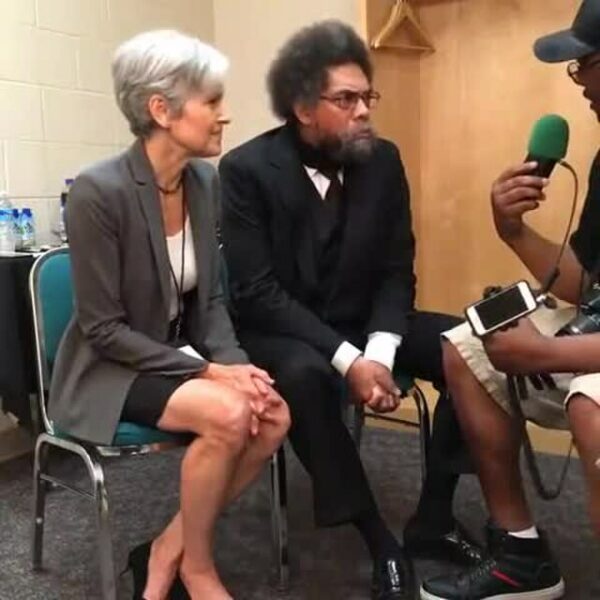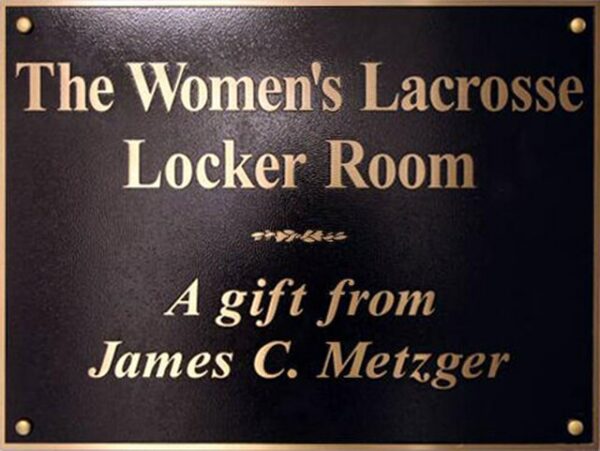Defending democracy must not mean what everyone else thinks it means. Democrats in Wisconsin have filed a complaint in hopes of removing the Green Party’s presidential candidate from the ballot in Wisconsin, arguing that the party is ineligible under state law. This move is part of a broader effort by Democrats to block third-party candidates, including independent Robert F. Kennedy Jr., from appearing on ballots in several states.
In March the Democratic National Committee created a committee focused on preventing third parties from gaining ballot access. Stein recently spooked Democrats by announcing she’s looking for a specific demographic in choosing her running mate.
The complaint asserts that the Green Party cannot legally nominate presidential electors in Wisconsin because it lacks eligible nominators. State law requires those nominating electors in October to be state officers, such as members of the Legislature, judges, or legislative candidates. The Green Party, according to the complaint, needs someone who qualifies under these criteria, making it impossible for the party to legally nominate a slate of presidential electors, which is a prerequisite for placing a presidential candidate on the ballot.
“We take the nomination process for President and Vice President very seriously and believe every candidate should follow the rules,” said Adrienne Watson, senior adviser to the DNC, in a statement. “Because the Wisconsin Green Party hasn’t fielded candidates for legislative or statewide office and doesn’t have any current incumbent legislative or statewide office holders, it cannot nominate candidates and should not be on the ballot in November.”
This challenge is significant in Wisconsin, a key battleground state where recent presidential elections have been decided by narrow margins. Jill Stein, expected to be officially nominated as the Green Party’s presidential candidate at the party’s national convention beginning Thursday, previously appeared on Wisconsin’s ballot in 2016, where she secured over 31,000 votes—more than Donald Trump’s margin of victory in the state.
The Wisconsin Elections Commission had earlier granted ballot access to the Green Party’s presidential candidate, citing the party’s performance in a 2022 statewide race.
The Associated Press reported that “in 2020, the Wisconsin Supreme Court kept the Green Party presidential candidate off the ballot after it upheld a deadlocked Wisconsin Elections Commission, which couldn’t agree on whether the candidates filed proper paperwork.
This year, in addition to the Republican, Democratic and Green parties, the Constitution and Libertarian parties also have ballot access. The commission is meeting on Aug. 27 to determine whether four independent candidates for president, including Robert F. Kennedy Jr. and Cornel West, met the requirements to appear on the ballot. The DNC member asks that the commission also consider its complaint at that meeting as well.
The latest Marquette University Law School poll conducted July 24 through Aug. 1 showed the presidential contest in Wisconsin between Democrat Kamala Harris and Trump to be about even among likely voters. Stein barely registered, with about 1% support, while Kennedy had 6 percent.”
[Read More: California Limits Murderers Up To Two Victims A Piece]










